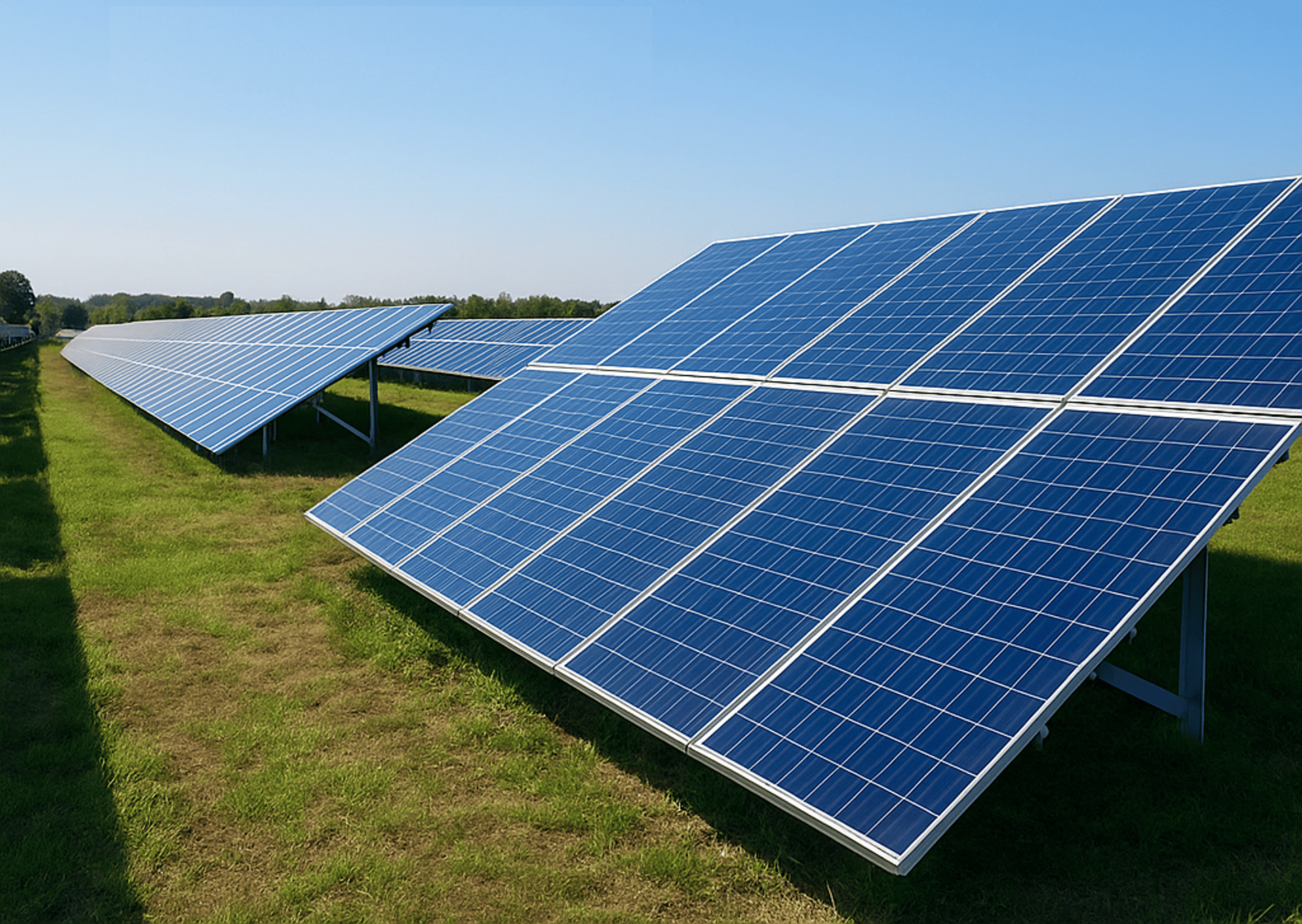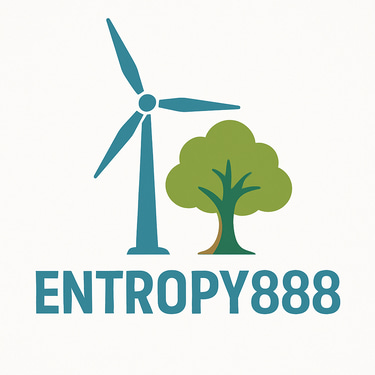How Energy Producers Can Diversify Revenue with Bitcoin Mining
For energy producers, the economics of renewable power can be challenging. Wholesale prices fluctuate. Grid constraints cause curtailment. Subsidies change. In an industry built on stability, these variables can erode profitability. But a new opportunity is emerging — one that allows producers to diversify income, stabilize returns, and turn surplus electricity into digital value: Bitcoin mining.
ENERGY OWNERS & PRODUCERS
Chris Boubalos - poli.gr
10/20/2025

The Renewable Dilemma
Renewable energy is abundant but unpredictable.
Solar peaks at midday when demand may be low.
Wind often blows strongest at night.
Hydro varies seasonally with rainfall.
When production exceeds demand, power prices fall or even turn negative.
Producers are forced to sell cheap or curtail generation — effectively wasting clean energy.
Bitcoin Mining as a Revenue Extension
Bitcoin mining converts electricity directly into Bitcoin — a globally liquid, digital asset.
Instead of selling every kilowatt-hour to the grid, producers can allocate part of their capacity to mining.
This turns volatile power prices into a steady, monetizable output, especially when electricity is cheap or unsold.
In other words, mining gives producers a digital outlet for their electrons.
Key Benefits for Energy Producers
1. Stability Through Diversification
Mining revenue moves differently from wholesale energy prices.
When grid demand is low, mining can keep producing value.
This hedges against price swings and policy changes.
2. Monetizing Surplus Power
Instead of wasting electricity during oversupply, producers can mine — capturing value from energy that would otherwise go unused.
3. Increased ROI for Renewable Projects
The added mining revenue improves project economics, making it easier to finance expansions or new developments.
4. Flexible and Scalable
Containerized mining systems can operate on-site, scaling up or down with seasonal output.
They require no major civil works and can be redeployed as needed.
A New Business Model for Energy Producers
Traditionally, producers had two choices:
Sell to the grid (fixed or spot contracts).
Store energy (via batteries, often expensive).
Now there’s a third: mine Bitcoin directly.
Mining can be integrated in several ways:
Direct operation – The producer runs and owns the mining units.
Partnership model – Sharing profits with a mining company like Entropy888.
Hosting model – Leasing energy or space to miners.
Each structure offers different levels of risk and reward — but all open new revenue streams.
Environmental Synergy
Because Bitcoin mining can run on surplus renewable power, it:
Reduces curtailment and waste.
Supports grid stability.
Increases renewable asset utilization.
It’s not competition for the grid — it’s a complementary tool that strengthens the renewable ecosystem.
The Entropy888 Partnership Model
Entropy888 works with hydro, wind, and solar producers to design custom revenue-sharing systems that:
Use containerized, modular miners next to renewable plants.
Offer flexible profit splits (e.g. 60/40, 70/30).
Provide real-time transparency through automated monitoring.
For cautious producers, hybrid models are available:
Sell part of your power to the grid.
Allocate surplus to mining — maximizing total return.
Conclusion
Bitcoin mining gives energy producers a powerful new lever:
Stability in a volatile market.
Diversified, scalable income.
Stronger alignment with renewable expansion.
For utilities, co-ops, and small hydro or solar sites, this is the next logical step — where clean power meets digital value.
At Entropy888, we help producers turn every kilowatt into opportunity.
Contact
© 2025 Entropy888. All rights reserved.
Powered by Renewable Energy.
Christos Boubalos - Business Development Lead +306972 885885 mob/whatsapp
christos@entropy888.com
-------------------------------------------
General Enquiries - info@entropy888.com
